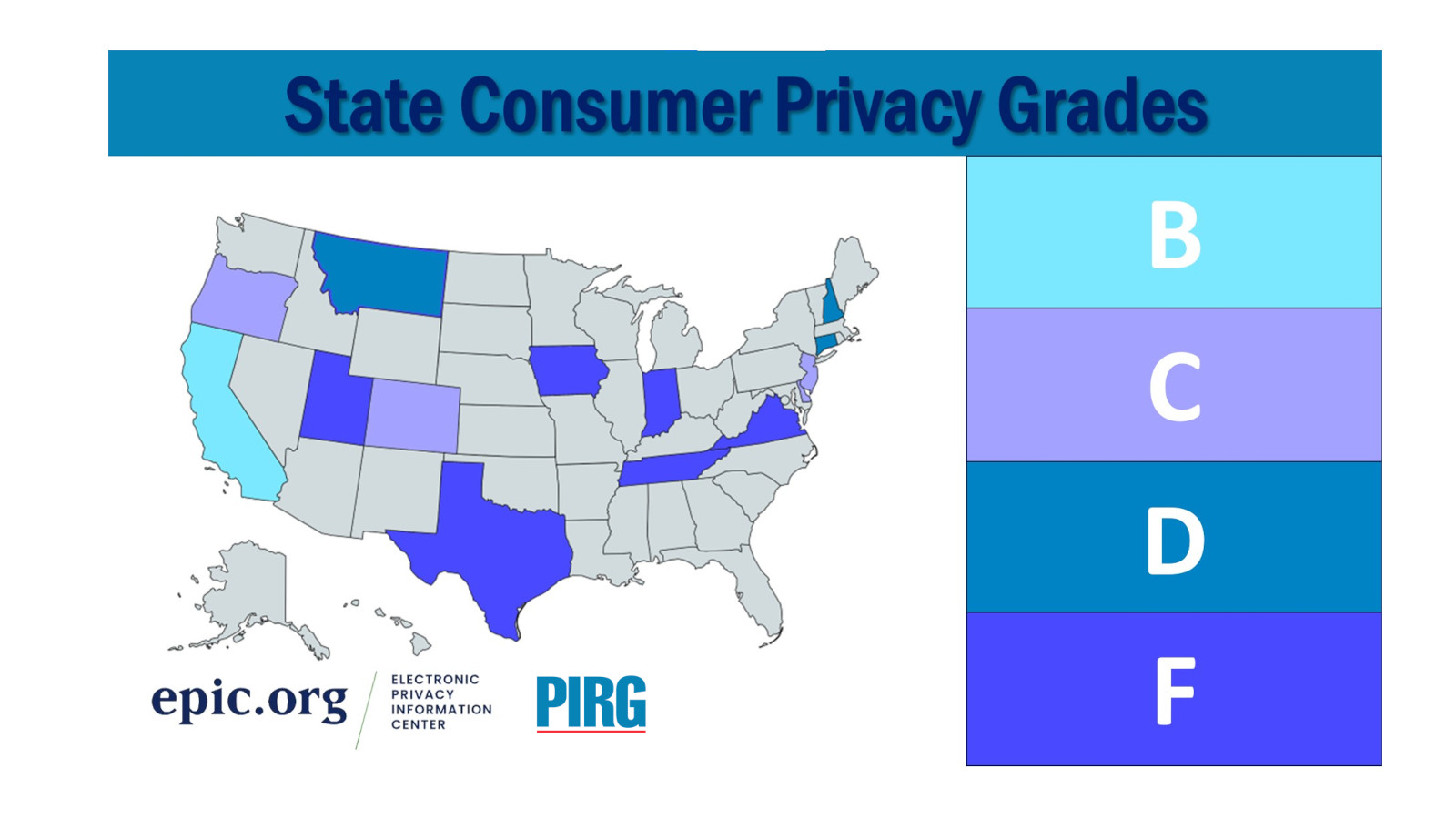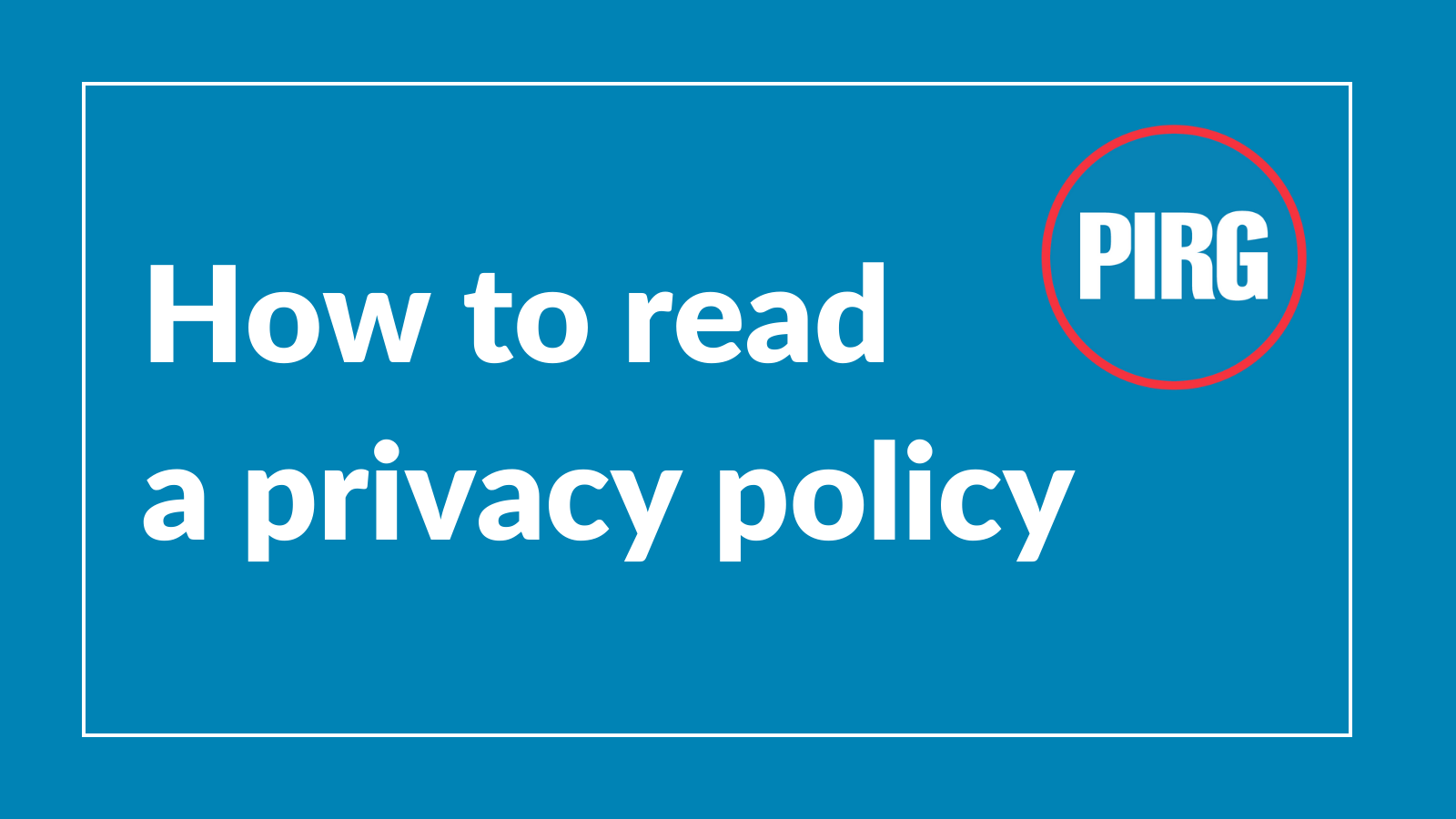
Testimony on HB212/SB270 Concerning Free Security Freezes for Victims of Data Breaches
Maryland PIRG is pleased to support HB212/SB270 to provide victims of security breaches with free access to credit report security freezes.
Maryland PIRG is a state based, citizen funded public interest advocacy organization with grassroots members across the state and a student funded, student directed chapter at the University of Maryland College Park. For forty years we’ve stood up to powerful interests whenever they threaten our health and safety, our financial security, or our right to fully participate in our democratic society.
Maryland PIRG is pleased to support HB212/SB270 to provide victims of security breaches with free access to credit report security freezes.
Background
Just as Maryland was among the first states, in the 1990s, to provide free access to credit reports, it should also enact this bill to provide more consumers more free access to credit freezes as the bill would provide to security breach victims (identity theft victims already can obtain free freezes).
A never ending stream of news reports about data breaches – including Yahoo, T-Mobile, Target Corporation, the IRS, numerous Blue Cross Blue Shield and other health plans, the University of Maryland, and the U.S. Office of Personnel Management (OPM) – is a constant reminder that you’re at risk of a data breach and therefore, identity theft if you: Shop with credit or debit cards; Pay taxes; Have health insurance; Attend college; Patronize any business that keeps customer records; or, Work for the government or a company. We’re all at risk.
As we said in our report, “Why You Should Get Security Freezes Before Your Information Is Stolen,” only the security freeze guarantees “peace of mind” that your credit report cannot be accessed to issue new credit in your name to an identity thief. The over-priced, over-hyped and sometimes deceptively marketed credit monitoring products will only, at best, warn you after you’ve already become a victim. Paid credit monitoring, often offered at the end of the “free” monitoring period to victims, in particular is not necessary because federal law requires each of the three major credit bureaus to provide a free credit report every year to all customers who request one. Maryland consumers get an additional set of 3 reports by state law. You can stagger requests for those free reports as a form of do-it-yourself credit monitoring.
Data breaches
Data breaches are a serious epidemic. As our report indicates, from 2005 through October 27, 2015 there were over 4, 600 data breaches in the United States. Over 889,500,000 records were breached. And we all know many more have been breached in the last two years.
A data breach can create a real mess for victims. Some may become victims of debit or credit fraud (but their rights and their money are generally well-protected by law), others may face future “phishing” attacks seeking to steal even more information, but new account identity theft is generally considered to be one of the worst problems consumers may face after a breach because a thief is literally running up debts in your name, while simultaneously running down your credit score, ruining your good name and leaving you to clean up the wreckage.
Security Freezes
A security freeze prevents new accounts from being opened. It works by blocking your credit report from being shared with potential new creditors, such as banks or credit card companies. Most creditors will not issue new credit to a customer if they cannot see that customer’s credit report or score derived from it from at least one of the three major national credit bureaus. So if a thief applies for a new account in your name with your Social Security number, but your credit report is frozen, creditors will simply not open a new account. That’s why a security freeze offers peace of mind and is the only way to prevent someone from opening a new account in your name. (Note: Some creditors, such as some cell phone and utility companies, may not check with the bureaus before opening new accounts.)
So, the best course of action for most consumers is to place security freezes with the three major credit bureaus. Consumers in every state can choose to have their credit reports frozen until they want to apply for credit, when they can easily unfreeze (“thaw”) their reports by lifting their freezes.
The idea of providing free security freezes to more consumers is not new. All states already provide them free to identity theft victims. Many provide them free to senior citizens. Seven states provide them free to all consumers. In fact, while we fully support this proposal, we would also support additional legislation to provide free security freeze access to all consumers.
Passage of this bill to expand provision of free security freezes to security breach victims would provide an additional benefit to Maryland consumers; it will help let them learn about this important consumer protection because the bill requires a breached entity to inform consumers about the right to a free security freeze; the law already provides the consumer with the opportunity to learn more about all their identity theft rights from the state Attorney General’s Office or the FTC.
Topics
Authors
Emily Scarr
State Director, Maryland PIRG; Director, Stop Toxic PFAS Campaign, PIRG
Emily directs strategy, organizational development, research, communications and legislative advocacy for Maryland PIRG. Emily has helped win small donor public financing in Baltimore City, Baltimore County, Howard County, Montgomery County, and Prince George's County. She has played a key role in establishing new state laws to to protect public health by restricting the use of antibiotics on Maryland farms, require testing for lead in school drinking water and restrict the use of toxic flame retardant and PFAS chemicals. Emily also serves on the Executive Committees of the Maryland Fair Elections Coalition and the Maryland Campaign to Keep Antibiotics Working. Emily lives in Baltimore City with her husband, kids, and dog.
Find Out More

Why lots of states are passing bad state privacy laws

5 steps you can take to protect your privacy now

VR risks for kids and teens
